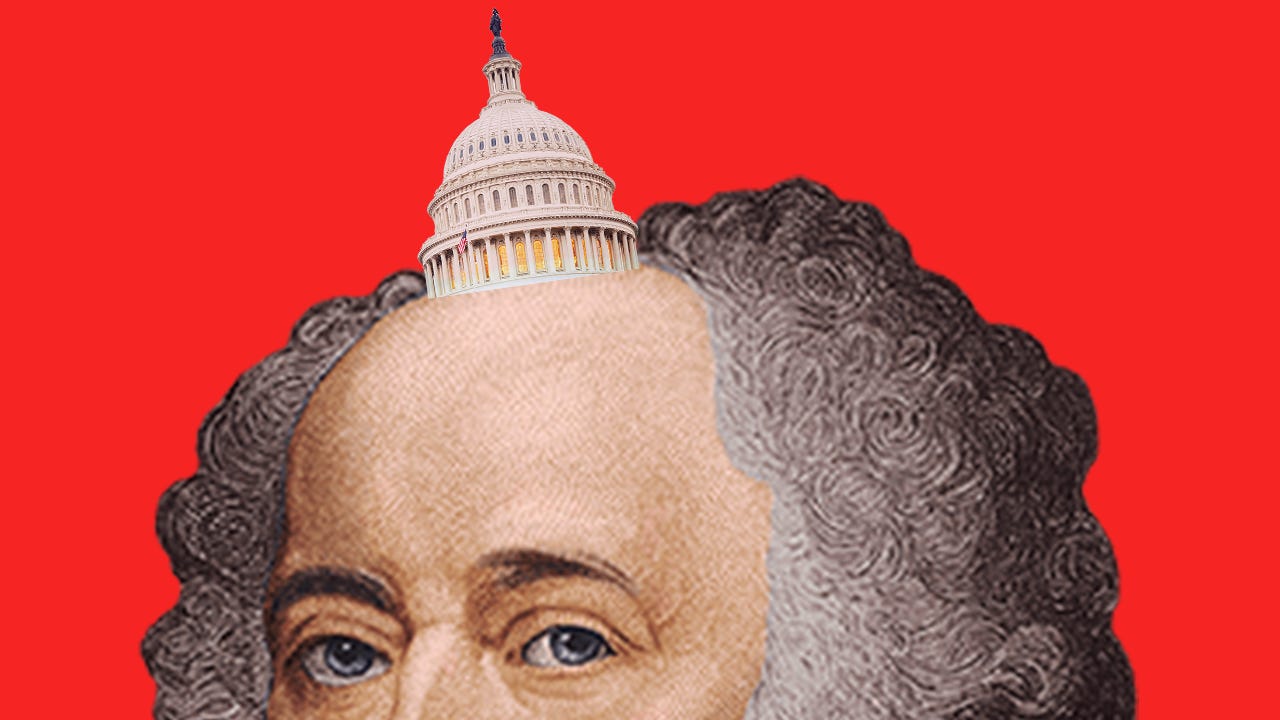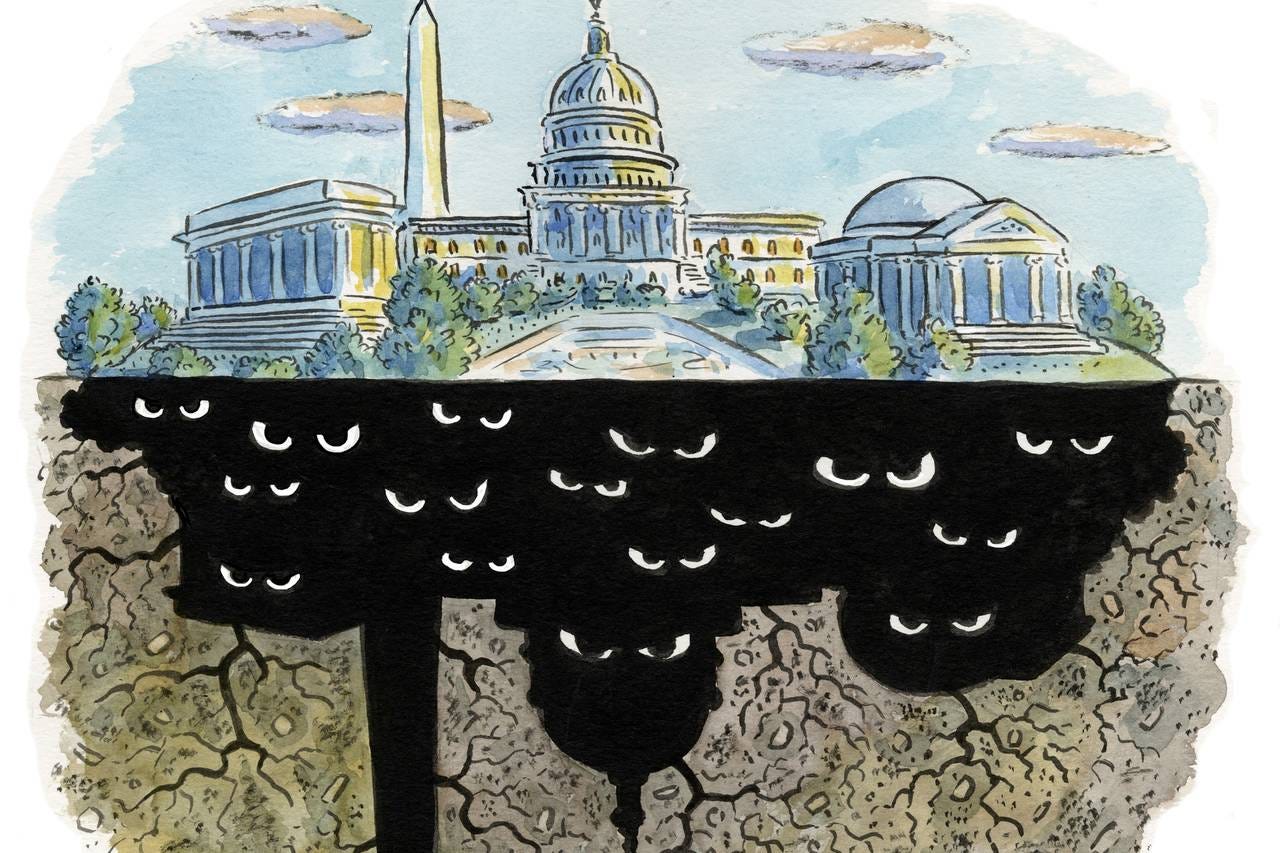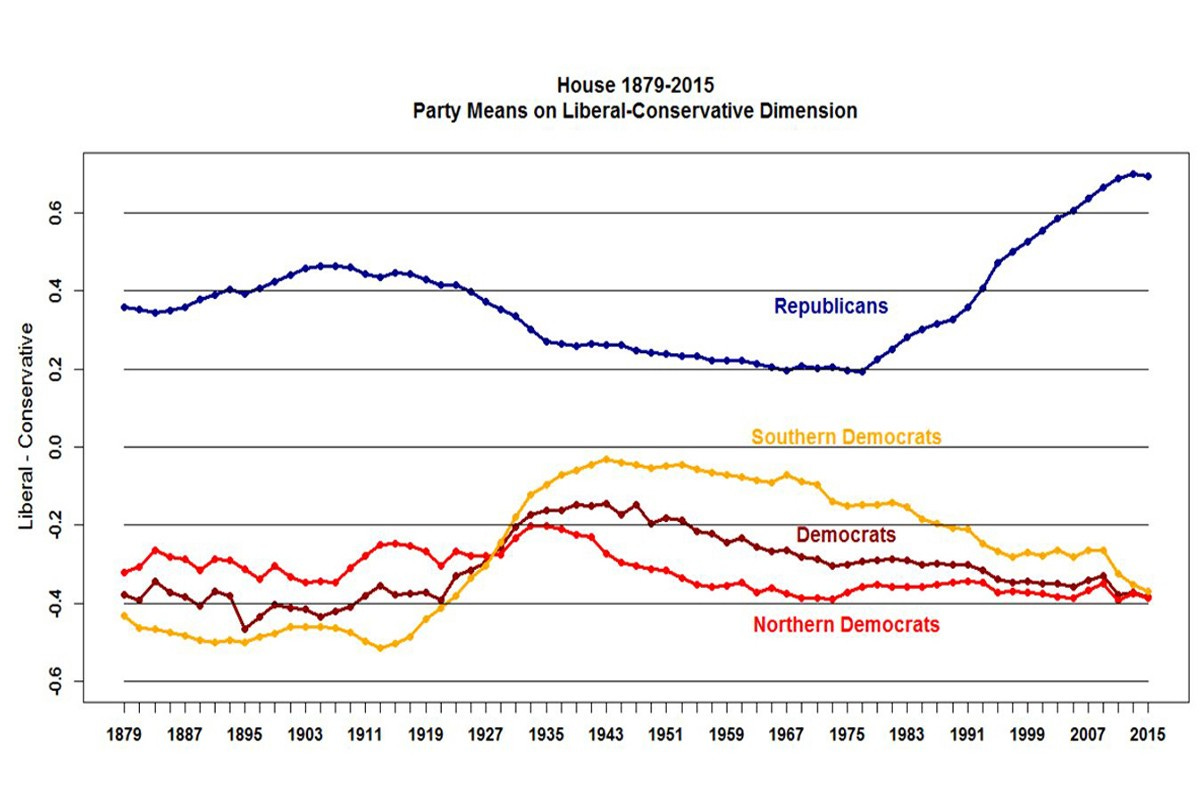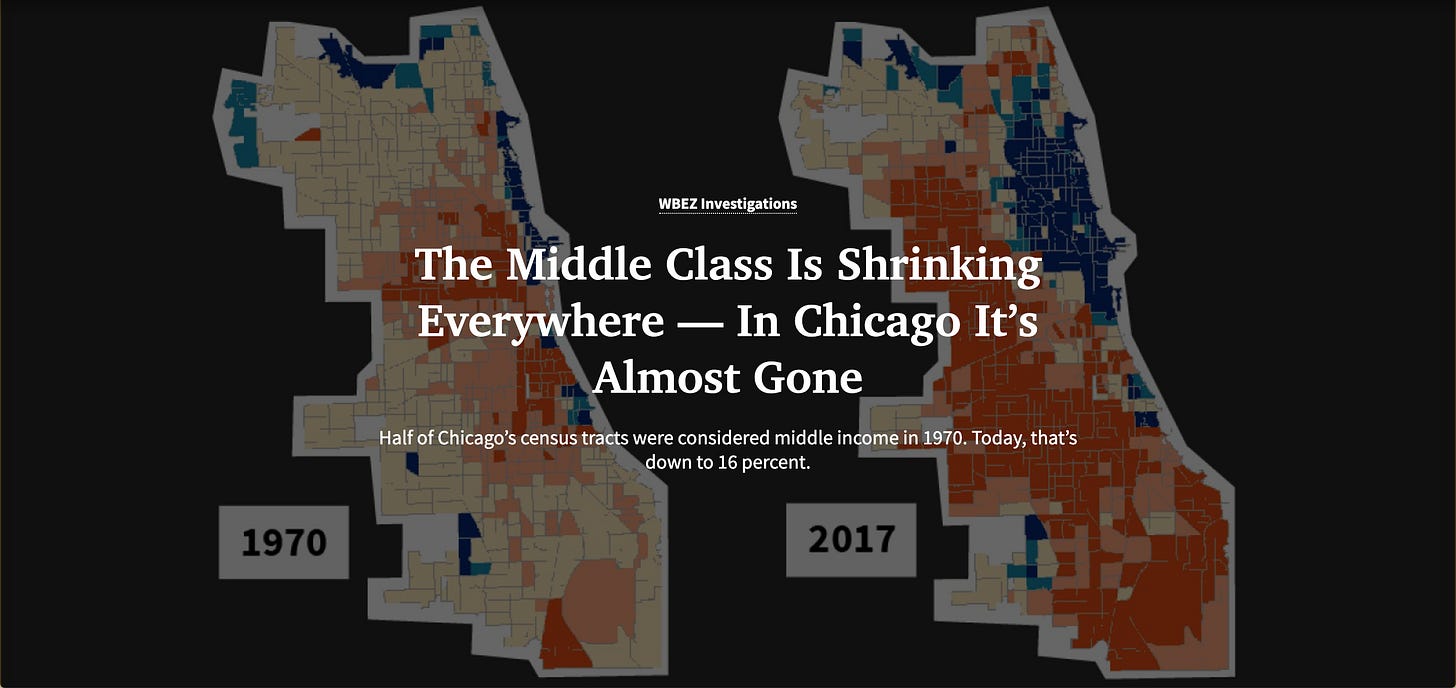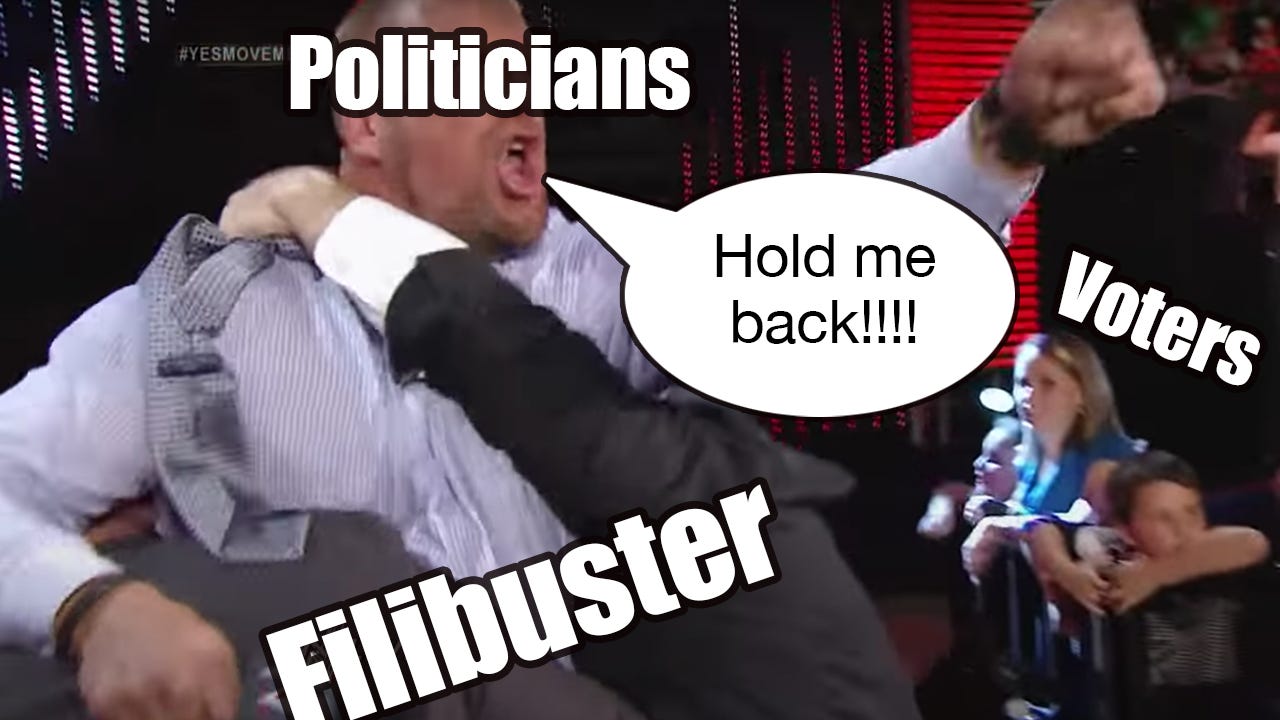Filibuster Reform: Big President With a Small Federal Government
As a conservative federalist, I believe in a small limited federal government more in alignment with our U.S. Constitution.
Why has government been instituted at all? Because the passions of man will not conform to the dictates of reason and justice without constraint. ― Alexander Hamilton
One thing is clear: The Founding Fathers never intended a nation where citizens would pay nearly half of everything they earn to the government. ― Ron Paul
But where I differ with many of my friends on the Right is I believe in a strong presidency, which of our Founding Fathers puts me more in agreement with Federalists John Adams and Alexander Hamilton.
John Adams believed monarchy was a greater defender of liberty than aristocracy.
You are apprehensive of monarchy; I, of aristocracy. I would therefore have given more power to the President and less to the Senate. — John Adams
Overall, I believe in strong executives whether they be in business or government; or function on the local, state, regional, national, or global level.
Think about all the greatest things that have been created by human civilization… they were nearly all created or spearheaded by a strong executive individual rather than a committee, legislature, or board.
Hierarchical organizations are the most successful in history and anyone who’d try to ignore this lesson by forcing some ideal like “communism” or “corporate democracy” on the US socio-economic system will upon “success” automatically find themselves part of a dying country as it’d only be a matter of time before we’re superseded by a more effective hierarchical organization. Nature does not bow to utopia.
Chimps need alphas.
A committee/board/legislature isn’t effective at leading, but it can be effective at accountability so that if an executive fails to meet certain goals they can be removed from office via impeachment or firing so a new leader can steer the ship, but until then an executive should be allowed to steer it largely unimpeded.
As a caveat, I will say that America’s Chief Executive should be more constrained than your average CEO or monarch, but less than the status quo.
Consider this — Trump had a Republican-majority House & Senate and now Biden has a Democratic-majority House & Senate and yet what have they achieved thus far?
President Trump neither finished the wall, repealed Obamacare, or “drained the swamp” as evidenced by the fact no president has come to personify the swamp more than President Joe Biden.
I think the inability of modern presidents’ to enact their domestic agenda is due to, as John Adams foreshadowed, America being ruled by an aristocracy.
All the cheering and tears of 2016 so that Trump would barely move the needle. Bread & circuses to distract the public from the consolidation of power in the hands of the 1%: Big Gov, Big Tech, Big Media, and Big Ed.
Over the last 100 years as the federal government and the aristocracy has grown; the Middle-Class has shrunk. Democratic presidents can speed up DC’s consolidation of power whereas Republican presidents only seem capable of slowing down its increase.
Unfortunately, as much as we’d like to think the buck stops with the president it hasn’t for a long time and so to suggest it does is a bit disingenuous and causes Americans’ to overestimate the president’s power.
For example, the president is the head of our Executive Branch and yet he needs the consent of the Senate to make appointments to it. It’s interesting to note that John Adams had two central concerns for the U.S. Constitution: #1 there was no Bill of Rights as this was added later and #2 that the president would be unable to make appointments without Senate approval.
But here’s what I see is one of the key weaknesses of the presidency: a president can unilaterally fire his appointments (except judicial ones), but he cannot fire federal employees who supposedly work under his authority.
Only the president’s appointees can fire federal employees in their department, but for the appointee to do that still requires a ton of paperwork and “cause.”
Due to Executive Order 10988 and the Civil Service Reform Act of 1978, it’s much easier for a department to move incompetent federal employees to a new position instead of firing them. Federal workers face a 0.2% chance of getting fired in any given year, which is more than 45X lower than their private-sector counterparts. The average federal employee also makes more than 160% of the average private worker.
Federal employees make up what is referred to as the deep state.
To Trump’s credit, he issued an executive order to try and make firing easier, but that was, of course, met by criticism from leftist who control the deep state. They say Trump’s executive order would’ve “politicized” the government labor force, which is such an absurdly dishonest statement because the federal labor force is by definition political and in reality highly partisan in favor of growing DC’s power. Joe Biden was endorsed by the two largest federal employee unions and so unsurprisingly when he won he overturned Trump’s executive order.
It’s scary nowadays how the leftist elite like the NYT feign objectivity while using highfalutin language to argue in favor of labeling Trump Supporters “enemies of the state.”
Tweet: Today's #January6thSelectCommittee underscores America's current, essential natsec dilemma: Work to combat legitimate national security threats now entails calling a politician's supporters enemies of the state. — Katie Benner, Justice Department reporter at the New York Times
It’s this sort of corporatist illiberal holier-than-thou mentality that has infected the thinking of our intellectual & bureaucratic overlords.
In other words, 99% of the people who run our government are virtually impossible to fire. In addition, since 1964 on average congresspeople win reelection 93% of the time. Does this sound like democracy to you?
So I believe somewhat paradoxically the best chance libertarian-conservatives will ever have to dramatically reduce the size & scope of the federal government is by increasing the president’s power over it.
And I think the best way to increase the president’s power is not only by repealing the Civil Service Reform Act of 1978 and abolishing federal employee unions, but to be able to do all those things and more the U.S. Senate must reform the filibuster.
The filibuster isn’t a constitutional creation.
It is a creature of the swamp.
In its current form, it was created in the 1970s. As a matter of principle, anything created in the 1970s should probably be killed, including the Department of Education and my cousin Chuck.
Prior to the 1970s, the filibuster existed as a “talking filibuster” whereby a Senator had to literally speak on the floor of the Senate to stall the will of the majority, but the longest filibuster was 24 hours so it wasn’t a very effective obstruction tactic hence why it was rarely done whereas today just the threat of a filibuster effectively kills a bill.
The filibuster was created in its current form, I’d argue, because Democrats wanted to maintain party unity. Democrats had control of the U.S. Senate from 1955 to 1997. During the 1960s Democrats had fractured over Civil Rights so by increasing the power of the filibuster Democrats could say to black voters, “Shucks! We’d really like to help you there, but unfortunately, we now need 60 votes to make it happen so we have no choice but to focus on other issues. Peace!” The point of the filibuster, therefore, was to increase political polarization, i.e. increase unity among Democrats.
Democrats liked the filibuster when it helped them maintain power, but now that the American population has become more urbanized and coastalized it gives rural “fly-over” states even more disproportionate power in the Senate, which now hurts Democratic power.
Politicians being politicians, Senate Republicans of course want to keep the filibuster as it is because it basically means it’ll be impossible for Democrats to pass more than one bill a year without their approval (reconciliation) since the chances of Republicans having less than 40 seats in the Senate is close to 0.
As a conservative though I think we should reform the filibuster because the filibuster has been one of the greatest culprits in creating our ballooning federal government where the only legislation that can get passed is that which is stuffed with pork and is voted on before any Senator even had a chance to read it so as to have “plausible deniability” and where the president is effectively extorted into signing the omnibus bill to avoid a government shutdown.
In addition, the filibuster has clogged the legislative pipeline too much, therefore, leading Democratic and Republican presidents to increasingly go around the Senate, and therefore the U.S. Constitution, to enact their agenda.
Republicans like David Harsanyi acknowledge some of my concerns but thinks, “conservatives would be better off living with what they have now,” i.e. in his view a slow creep toward socialism is better than a sprint toward socialism.
I think we owe the future more than that.
His complacency with the status quo is indicative of a psychologically “conservative” person, but I think for those of us who are fed up with the destruction of the American Middle-Class, fed up with the deterioration of the family unit, and fed up with the draining of the American innovative spirit than “conservative” must be synonymous with courage.
Most of us don’t have the luxury nor the stomach to sit back in an armchair and watch idly by as America slowly kills itself.
The most perfect political community is one in which the middle class is in control, and outnumbers both of the other classes. — Aristotle
Isn’t it better to fight for freedom, even if we may lose than to passively wait for our chains?
David Harsanyi’s best point though is that removing the filibuster is just “one flank” of the progressive agenda,
“… along with shelving the Electoral College, packing the courts, and attacking equal representation in the Senate — of a broader progressive project to create a more direct federal democracy. Many legislative agenda items that Democrats now support — most consequentially, the takeover of state elections through the “For the People Act” — are meant to subvert federalism and subvert election safeguards.”
Which is why I don’t believe in completely removing the filibuster. I just believe in “nuking” certain aspects of it, as Republicans have done in the past as it pertained to judicial appointments, which has thus far worked out in America’s favor.
The best chance we have at reforming the filibuster is with a Senate Democratic majority. All it would take is one or two Republican Senators crossing over. In exchange for their votes, these Republicans could stipulate,
We will vote to amend the filibuster if it takes effect after the next general election (thus giving Republicans an opportunity to benefit more from it) and if we let the 60 filibuster rule continue to apply for admitting states and packing the courts.
There can be additional points stipulated, but a constitutionalist court would consider shelving the Electoral College, packing the courts, and much of the “For the People Act,” aka “The Corrupt Politicians Act” to be unconstitutional. If in the horrifying event constitutionalist justices lose control of the court then the U.S. Constitution or the filibuster for that matter would become largely irrelevant so these additional stipulations are likely unnecessary and even counterproductive.
But then won’t removing the filibuster (except for statehood/packing) lead to a “sprint” toward socialism?
It may in the short-term if we don’t take back the House, Senate, and/or Presidency by 2024, but as somebody who actually believes in republican democracy, I think elections should have consequences, and long-term I think these consequences will actually pull the country to the right because it’s easier to destroy than create.
To destroy is easier than to create, and that is why so many people are ready to demonstrate against what they reject. — Ivan Klima
The Second Law of Thermodynamics: establishes the concept of entropy as a physical property of a thermodynamic system. In simple terms: from order to disorder will free energy whereas the other way around needs energy.
Nanny state government departments are extremely inefficient and ineffective. Reagan joked, “A government bureau is the nearest thing to eternal life we'll ever see on this earth,” which of course is true under America’s current system where the Office of the President is weak domestically because of the power of the deep state, but Reagan of all people got a first-row seat to the greatest expansion of human freedom as socialism shrank globally in the 80s/90s. As Thomas Sowell said, “Socialism in general has a record of failure so blatant that only an intellectual could ignore or evade it.”
Numerous countries like the United Kingdom, Switzerland, the Soviet Union, India used to be more socialist, but once the people got fed up with “utopia” they elected a strong capitalist leader to “tear it down.”
With a filibuster-free Republican president, he could overnight abolish the Department of Energy, Department of Education, Department of Transportation, FDA, etc. With a massive reduction in the regulatory/taxation/bureaucratic state would come breaking up much of Democrat’s institutional control over Americans’ minds/behaviors, which once Americans wake up the next day to see that the sky isn’t falling and its “morning again in America” then at least the present generation will not want to go back to the time where they had fewer choices and higher prices.
In addition, corporations would spend less money lobbying the federal government when it’s small and where much of the power is concentrated in the hands of someone who isn’t so much interested, by the nature of the job, in their nickels & dimes. Presidents are driven more by legacy than money.
Under such a system, more power would flow to the White House, but from DC.
And here’s the thing — even leftists should cheerlead this because you’d have more freedom to vote for socialist policies in your city, state, or region. California Democrats blame the federal government for not being able to implement Medicare-for-All-Californians. Their argument is a bit disingenuous, but nonetheless, their belief is enough reason to remove the shackles of the federal government on them. If someone’s insisting on shooting themselves in the foot then it’d probably be doing society a disservice by continuously stopping them because some people just need to learn the hard way.
Lastly, neither party could hide behind the filibuster for their inaction.
Both parties would have to “walk the talk” so as to demonstrate what they truly believe instead of spreading populist misinformation to play off of voters’ bias with no real intention to implement it because they know the filibuster will “hold them back.”
Without the filibuster there’d need to be more ideological room made in both parties, especially if we shift power back to the states, therefore reducing political polarization in America again.
Politicians would have to put up or sh*t up as they’d actually have to make consequential votes again.
There’s more that unites us than divides us and this will be more evident once the aristocracy loses some of its institutional power over the will of the majority to the will of the majority.
A key to America’s greatness was a big president with a small federal government.
Those who learn from history are blessed to repeat it.


